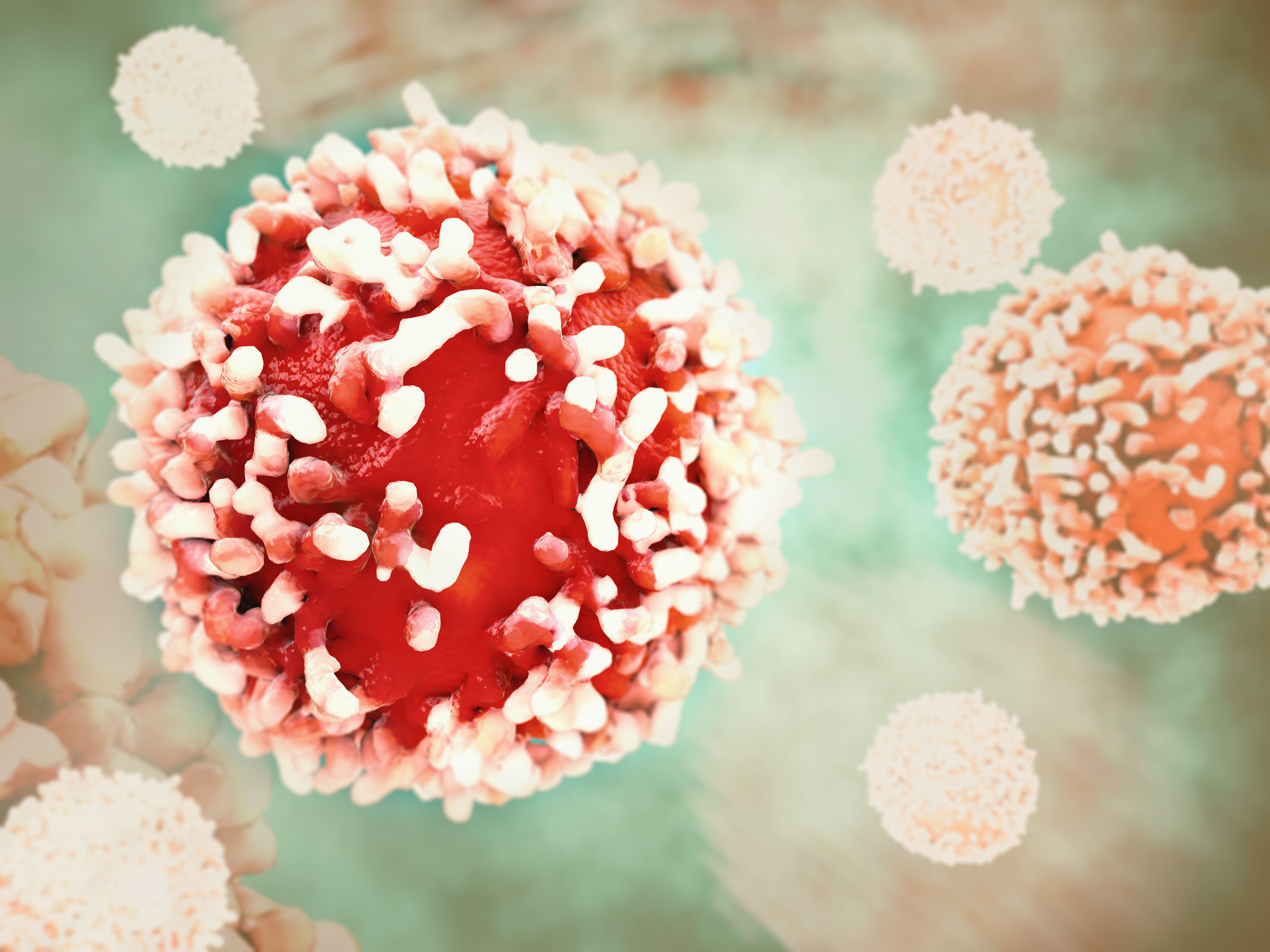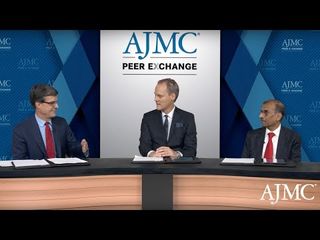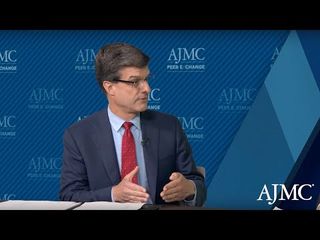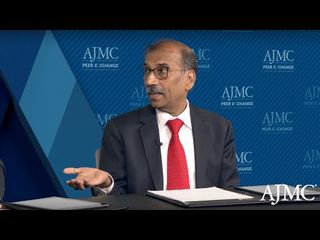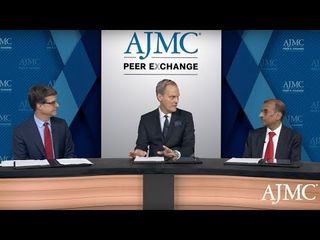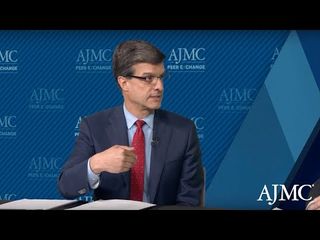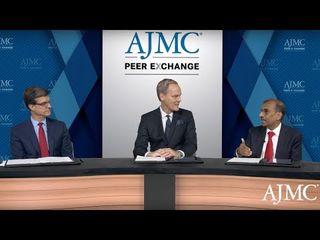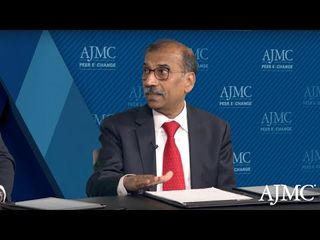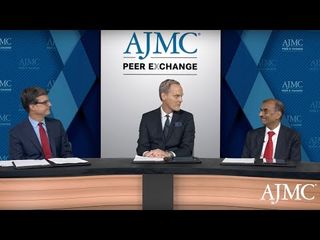
Hematology
Latest News
Latest Videos

CME Content
More News
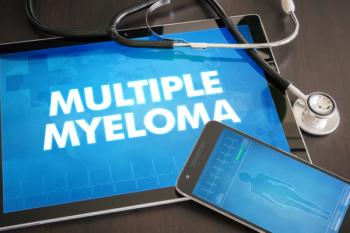
Newer therapies have led to a boost in the number of patients with relapsed or refractory multiple myeloma (R/R MM) who are prescribed triplet regimens. As that shift has occurred, death rates appear to have dropped.

New data show that despite major improvements in survival rates in patients with multiple myeloma (MM), older patients with the malignancy have benefited less than younger patients.

Investigators may have found a minimally invasive way to predict which patients with multiple myeloma are about to experience a relapse.

Newly published data suggests most patients are opting for second- or third-generation tyrosine kinase inhibitors instead of a generic form of imatinib.

A new report confirms earlier research that colon perforation in multiple myeloma is associated with corticosteroids, though the exact cause of the apparent link is not known.

Newly diagnosed patients with multiple myeloma (MM) face a high risk of infection. A new study helps elucidate key risk factors.

A new review article said there are hurdles to bringing minimal residual disease (MRD) into the clinic as a decision-making tool, but the day is likely not far away.

A subset of patients with multiple myeloma (MM) are not eligible for the most effective therapies, but a new study suggests clinicians may be inaccurately defining that subset.

Proteasome inhibitors have brought major advances in the treatment of multiple myeloma (MM), but eventual drug resistance remains a serious hurdle.

FDA will review the first chimeric antigen receptor (CAR) T cell immunotherapy for the treatment of multiple myeloma (MM) in adults who have not responded or have relapsed after at least 3 other therapies.

A study of patients with multiple myeloma in China found many do not have access to a caregiver and most have to travel to another city to receive treatment.

Sickle cell disease is a costly disease for patients, but when those patients suffer from end-organ damage, the costs jump significantly.

A new study suggests stringent complete response is less meaningful than minimal residual disease status when evaluating patients with multiple myeloma.

New data suggests a patient’s education level can be an important factor in the disease outcomes of patients with multiple myeloma.

A new analysis found patients with high-cytogenetic-risk multiple myeloma benefitted from adding daratumumab to their therapy.
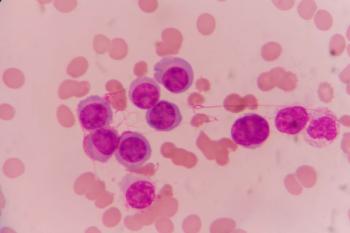
A new analysis finds therapeutic plasma exchange has become more costly, and more common among patients with multiple myeloma.
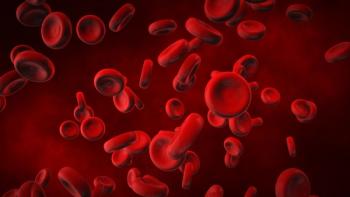
A new opinion article suggests minimal residual disease (MRD) is not yet ready for “prime time” in the clinic, even though it’s already making a major impact on clinical trials.

Evidence-Based Oncology regulatory updates for August 2020 feature coverage of Kite Pharma's new CAR T-cell therapy and selinexor in DLBCL.
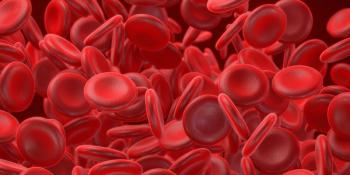
Investigators have made tremendous strides improving patient care in multiple myeloma (MM), but the authors of a new review article say much more work is needed.

Clinical updates for August 2020 featured in Evidence-Based Oncology.
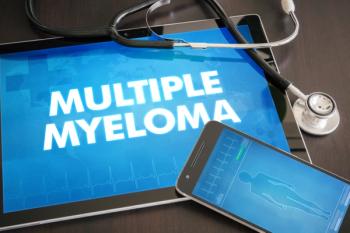
Most oncologists in a recent survey said they lack the knowledge and data to use measurable, or minimal, residual disease (MRD) as a decision-making tool in the treatment of multiple myeloma.
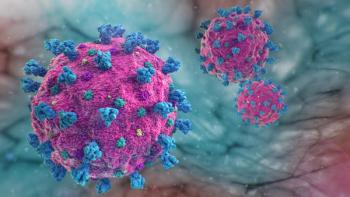
A small study out of Sweden adds to context to the puzzle of how best to treat patients with multiple myeloma who contract COVID-19.
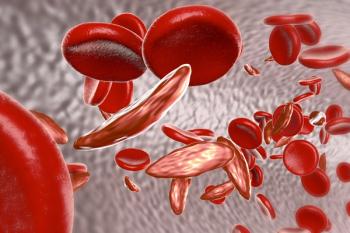
Yale New Haven Hospital’s reorganization of its sickle cell disease program led patients to report feeling better off and needing fewer hospitalizations. However, the change left some with the disease still feeling unsatisfied.

New research suggests white and African American patients have similar rates of access to new treatments for multiple myeloma.
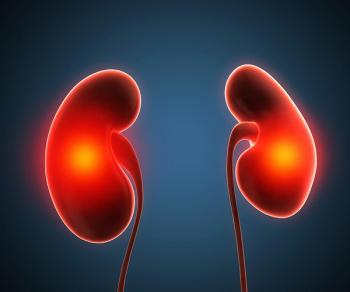
A new study finds even if renal function is restored, patients who have severe renal impairment when diagnosed with multiple myeloma have lower overall survival rates.
